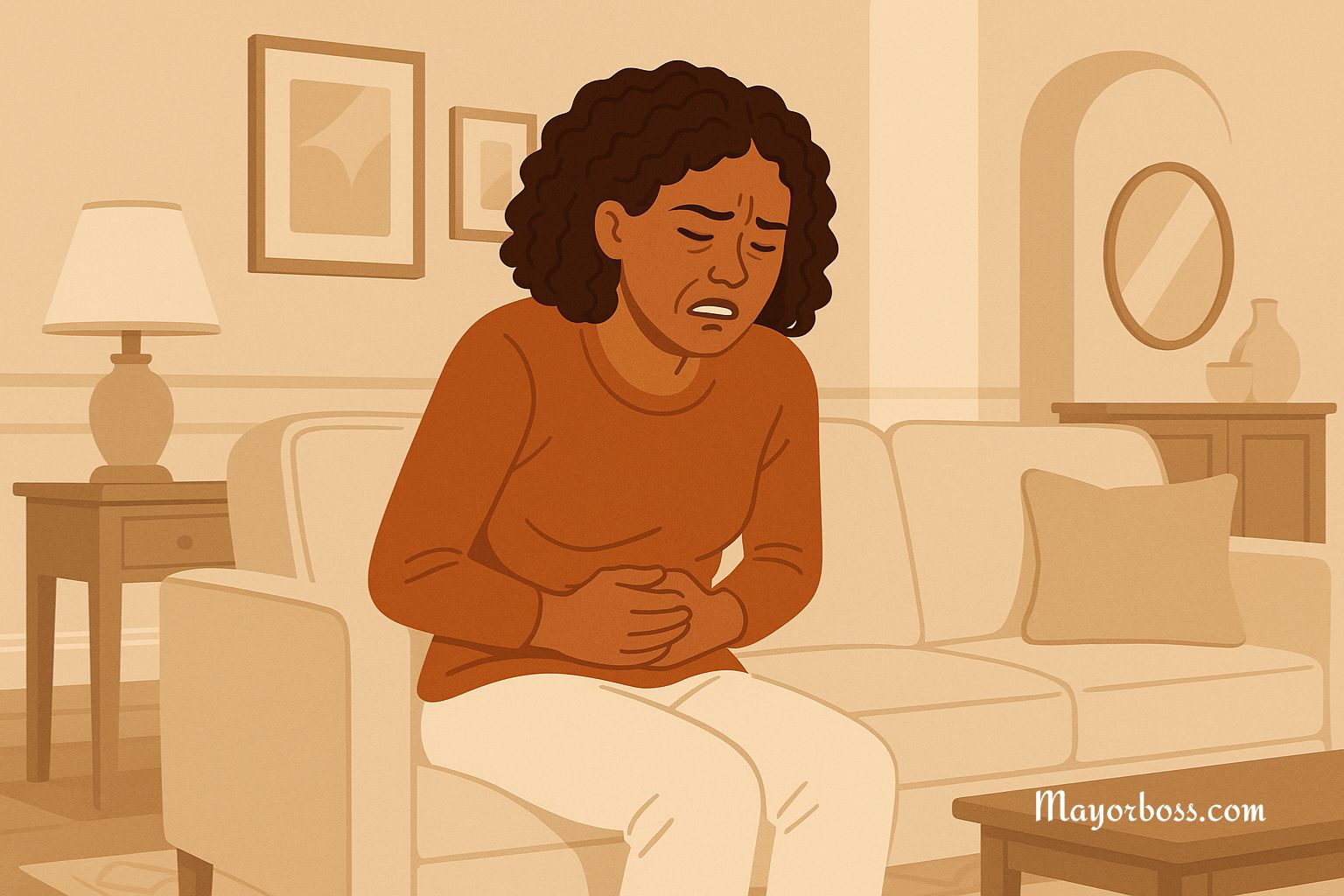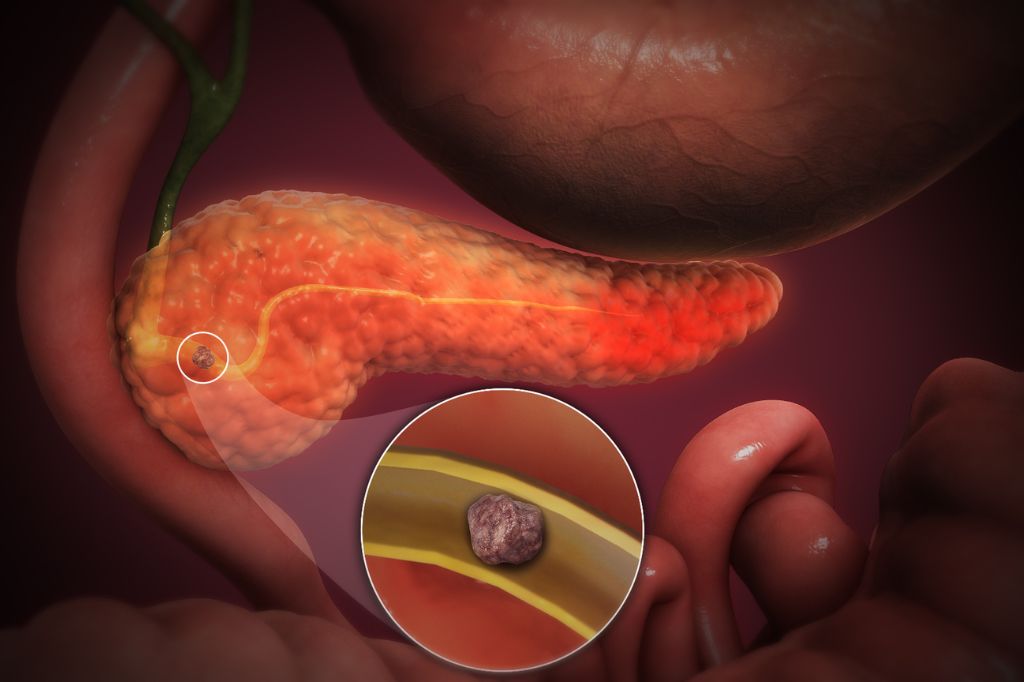6 Early Symptoms of Gastritis
Are you wondering if you have gastritis? Gastritis is a condition in which the lining of the stomach becomes inflamed, usually as a result of irritation or infection. It can be acute or chronic. The most common cause of gastritis is the Helicobacter pylori (H. pylori) bacteria. Excessive alcohol use, certain medications, trauma, and autoimmune disorders can also cause it.
Common symptoms may include abdominal pain, nausea and vomiting, bloating, and loss of appetite. Treatments include lifestyle changes, antacids, acid-reducing medications, antibiotics for bacterial infection, and more.
The early symptoms of gastritis

Surprisingly enough, gastritis doesn’t always cause any symptoms. But when symptoms do occur, they usually include:
1. Stomach pain or discomfort
Many people experience abdominal pain, burning sensation, or cramping when they have gastritis. This can range from mild discomfort to severe, persistent pain. It is typically located in the upper-middle area of the abdomen. In most cases, the discomfort may come and go, but it can start suddenly or gradually worsen over time.
2. Indigestion (dyspepsia)
This is the most common symptom of gastritis. Indigestion may cause a burning sensation in your stomach, bloating, and belching.
3. Nausea
People with gastritis often feel like they need to vomit or have a queasy feeling in their stomachs.
4. Vomiting
Vomiting is a common symptom of gastritis. It may also be accompanied by nausea and stomach pain.
5. Loss of appetite
Loss of appetite can occur due to gastritis, leading to weight loss. People with this condition may feel full after eating only a small amount or have no desire to eat.
6. Blood in the stool
In some cases, gastritis can cause a person to pass small amounts of blood in their stool or vomit. If you experience this symptom, it is important to seek medical attention right away, as this may be a sign of a more serious condition.
How is gastritis treated?
Gastritis can be treated with lifestyle changes, such as reducing stress and avoiding foods that irritate the stomach. Antacids or acid blockers may also be prescribed to reduce stomach acid production. In some cases, your doctor may also suggest antibiotics if the cause of your gastritis is bacterial.
Nevertheless, if you experience persistent symptoms or any of the warning signs listed above, it’s crucial to seek medical attention. Because if you don’t treat gastritis, it may get worse and may eventually lead to the development of a stomach ulcer.






